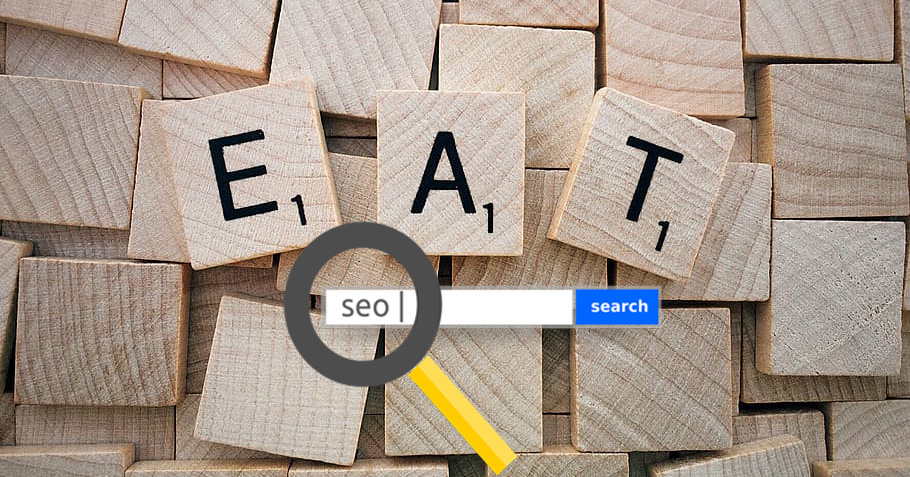
In mid March Google released a broad core algorithm update that adversely affected website page ranking across the board. This update further emphasized Expertise, Authoritativeness, and Trust within the page rank calculations. I have seen the figure of a ~10% reduction in organic search traffic blamed on the latest update for sites in general, although financial and health-related websites were hit harder.
This change is probably a good thing overall for search as it promotes sites that have good quality content and penalizes content/link farms. But there is the concern of how is Google determining who/what sites are worthy and authoritative.
There are two measures of E-A-T that Google uses in their calculations: website/brand E-A-T and site content author E-A-T.
Author credibility is said to be based on the information present on the web in regards to the published authors’ credentials to be writing on a particular subject. For instance, a known interior designer published on HGTV.com would have more E-A-T than an amateur decorator pinning on Pinterest. Steps can be taken to establish author reputation and credibility, but it takes time and effort and may not be applicable to all types of sites/content.
The factors that are said to be involved in evaluating website E-A-T are:
- Reviews
- Site mentions (links and unlinked mentions)
- Forums
Links and unlinked mentions are measured and the authoritativeness of the mentioning/linking site matters. Press mentions/buzz can help, but the quality of the press mention matters and a link from a quality site has even more mojo. Google is confident they know who to trust so gaming the algorithm is difficult.
News and the reputation of the company are factored into the E-A-T scoring, too.
So, how to improve E-A-T?
Good Reviews matter as a part of reputation research. The research looks at third-party sites like Yelp, BBB, Amazon and Google Shopping and other sources. They look at numbers of reviews, sentiment, and ratio of good to bad reviews.
Wikipedia is a trusted site now. Get mentioned in articles there or create your own page, if applicable. You have to have perceived authority to even get a Wikipedia page.
Get mentioned by authoritative sites. These are considered votes for your business. But beware. Google can figure out if you have paid for the link, incentivized the site owner or provided content and will not rank the mention as highly.
Get mentioned on forums. Google considers mentions within forum discussions as a source for reputation information, believe it or not. That is because these days helpful info is found in the user generated content on Reddit, Discus or other sources. If your competitors are being discussed, you should be too (for the right reasons).
Claim your listings. Take a look at your Yelp, Better Business Bureau, and directory pages. Take ownership, customize them, and encourage reviews on those channels by customers and vendors, where applicable.
Trust is a big deal. If you have lots of negative reviews or complaints about getting a refund you will drop in the rankings. If you have awards or certifications, list them on the About page. Avoid the use of annoying ads that irritate users and sap trust. Use customer testimonials on your site.
